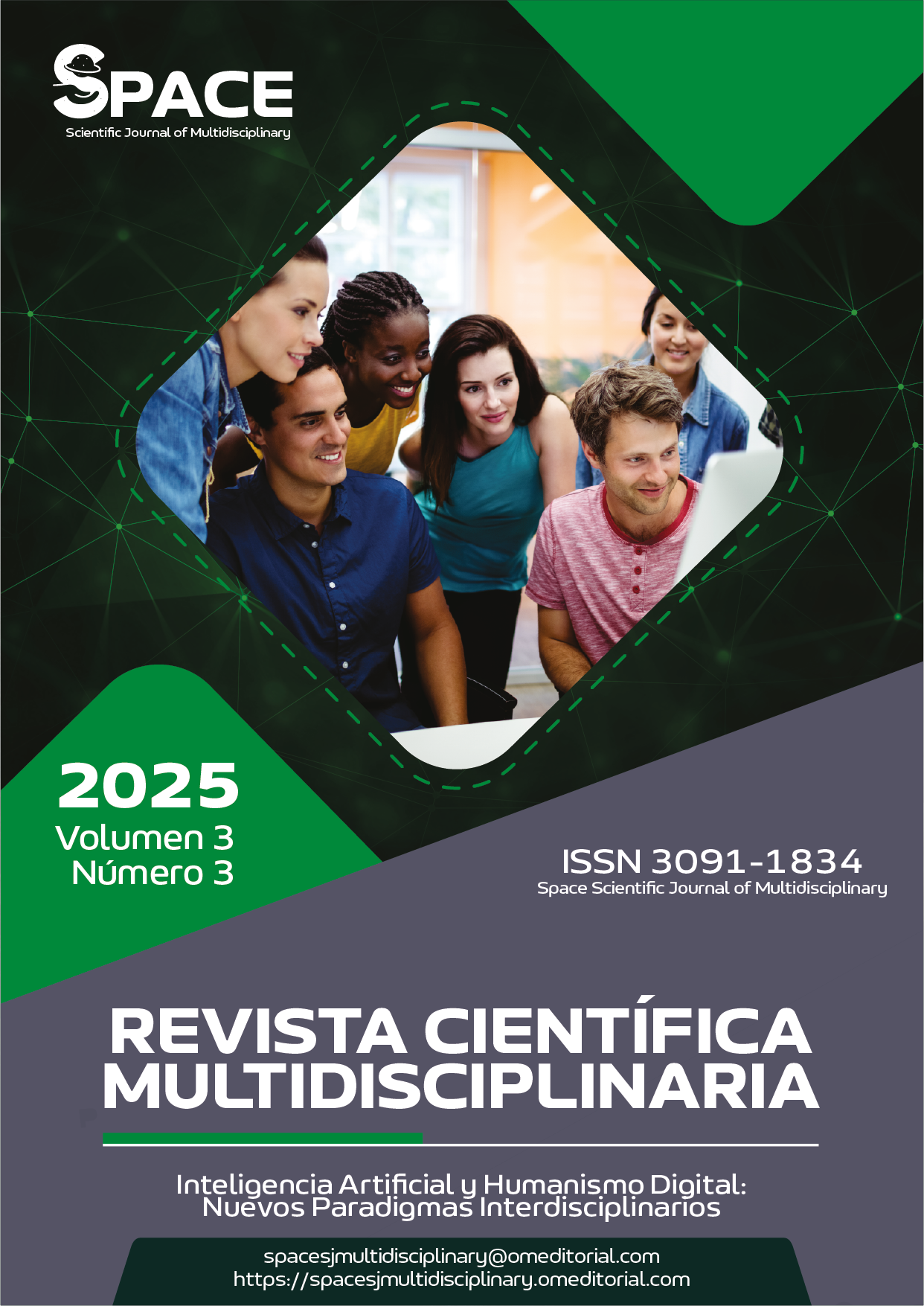Socio-environmental conflict associated with (Bothrops asper) in three communities in the Jipijapa canton
DOI:
https://doi.org/10.63618/omd/ssjm/v3/n3/53Keywords:
human-wildlife conflict, Bothrops asper, community perception, environmental education, biodiversity conservationAbstract
This study examines the conflict between humans and the snake Bothrops asper in the communities of Maldonado, El Matal, and San Vicente, located in La Unión parish, Jipijapa canton, Ecuador. The conflict arises from agricultural expansion, which has intensified encounters between people and wildlife. The objective was to identify the underlying causes, impacts, and long-term management strategies through a mixed-methods approach. Data collection included surveys of 100 residents, interviews with community leaders, and records of wildlife sightings. Quantitative data were analyzed statistically, while qualitative information was examined through thematic analysis, providing deeper insights into local perceptions and attitudes. Results revealed a broad distribution of B. asper and predominantly negative perceptions, driven by fear and lack of knowledge. The most common response from the population is capturing and killing individuals, reflecting limited recognition of the species’ ecological role. Additionally, deforestation and climate change were identified as factors exacerbating the conflict. The study concludes that environmental education, community awareness, and participatory programs for sustainable management are essential to mitigate the conflict, promote coexistence, conserve biodiversity, and support local development.
Downloads
References
Bottaro, L., & Sola-Álvarez, M. (2012). Conflictividad socioambiental en América Latina. El escenario post crisis de 2001 en Argentina.
Ide, T. (2016). Toward a Constructivist Understanding of Socio-Environmental Conflicts. Civil Wars, 18(1), 69–90. https://doi.org/10.1080/13698249.2016.1144496
Lischka, S. A., Teel, T. L., Johnson, H. E., Larson, C. L., Breck, S. W., & Crooks, K. R. (2020). Psychological Drivers of Risk‐reducing Behaviors to Limit Human–wildlife Conflict. Conservation Biology. https://doi.org/10.1111/cobi.13626
Llosa, C. (2019). Socio-Environmental Conflicts as Social Cohesion Thermometers: A Case Study. Tapuya Latin American Science Technology and Society, 2(1), 237–252. https://doi.org/10.1080/25729861.2018.1554344
Mendoza, C. B., Muñiz, G. A. A., & Segovia, S. K. Q. (2017). Determinantes Sociales De La Salud en Los Barrios Periféricos De La Ciudad De Jipijapa, Ecuador. Revista Científica Sinapsis, 1(6). https://doi.org/10.37117/s.v1i6.56
Morales, B., Aliste, E., Neira, C. I., & Urquiza, A. (2019). La Compleja Definición Del Problema Socioambiental: Racionalidades Y Controversias. Revista Mad, 40, 43. https://doi.org/10.5354/0719-0527.2019.54834
Puri, M., Goode, K. O., Johannsen, K. L., & Pienaar, E. F. (2024). Engaging Urban Residents in the Appropriate Actions to Mitigate human–wildlife Conflicts. Conservation Science and Practice. https://doi.org/10.1111/csp2.13074
Rojas-Bahamón, M. J., & Olaya, A. (2019). Tendencias Investigativas Del Conflicto Socioambiental Por Exploración Petrolera. Entre Ciencia E Ingeniería, 52–58. https://doi.org/10.31908/19098367.4014
Santos, M. O. S. dos, Nepomuceno, M. M., Gonçalves, J. E., Medeiros, A. C. L. V., Machado, R. M., Santos, C. P. da S., Alves, M. J. C. F., Gurgel, A. d. M., & Gurgel, I. G. D. (2022). Oil Spill in Brazil—Analysis of Vulnerabilities and Socio-Environmental Conflicts. Biochem, 2(4), 260–268. https://doi.org/10.3390/biochem2040018
Schmidt, M., López, V. T., Tobías, M., Grinberg, E., & Merlinsky, G. (2022). Conflictividad socio-ambiental por uso de agroquímicos en Salta, Santiago del Estero y Santa Fe, Argentina. Ciência & Saúde Coletiva, 27(3), 1061–1072. https://doi.org/10.1590/1413-81232022273.04852021
Tello-Reina, A., & Lucas-López, B. (2023). Conflicto Socioambiental asociado a (Buthrops asper) en cantón Jipijapa.
Trentini, F., & Sorroche, S. (2016). Repensando Los Conflictos Socioambientales Desde Una Ecogubernamentalidad en Fricción. Estudios Políticos (Medellín), 49. https://doi.org/10.17533/udea.espo.n49a07
Uribe-Arjona, A., De Patiño, H. A., Martínez-Cortés, V., Correa-Ceballos, D., Rodríguez, A., Gómez-Leija, L., Vega, N., Gutiérrez, J. M., & Otero-Patiño, R. (2020). Toxicological, enzymatic, and immunochemical characterization of Bothrops asper (Serpentes: Viperidae) reference venom from Panama. Revista de Biología Tropical, 69(1). https://doi.org/10.15517/rbt.v69i1.39502
Valenzuela-Fuentes, K., Alarcón-Barrueto, E., & Salinas, R. T. (2021). From Resistance to Creation: Socio-Environmental Activism in Chile’s “Sacrifice Zones.” Sustainability, 13(6), 3481. https://doi.org/10.3390/su13063481
Downloads
Published
Issue
Section
License
Copyright (c) 2025 Tello-Reina, Arelyz Jared, Moran-Moran, Jessica Jessenia (Autor/a)

This work is licensed under a Creative Commons Attribution-NonCommercial 4.0 International License.






 :
: